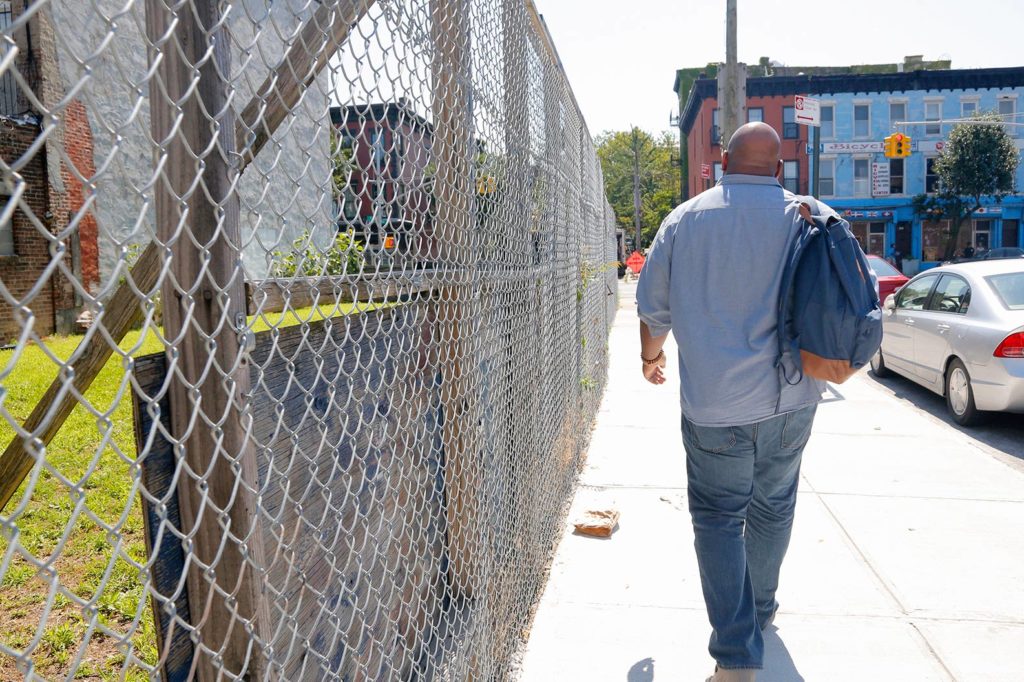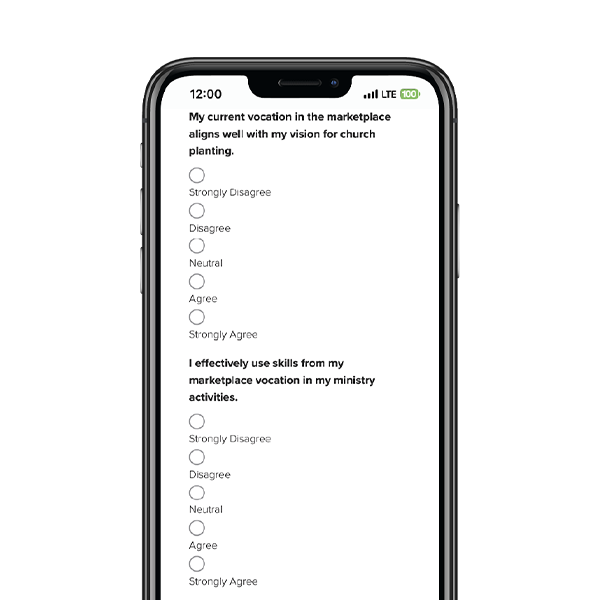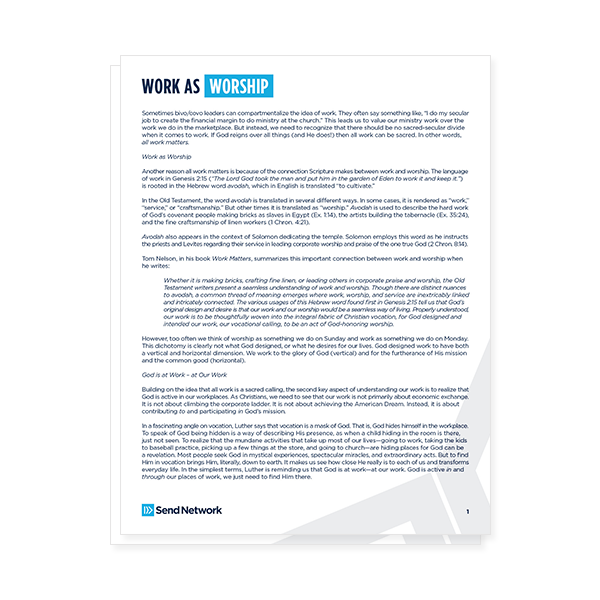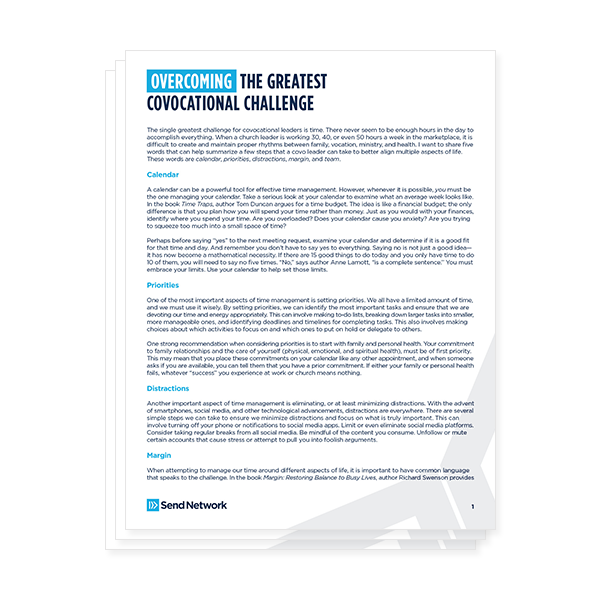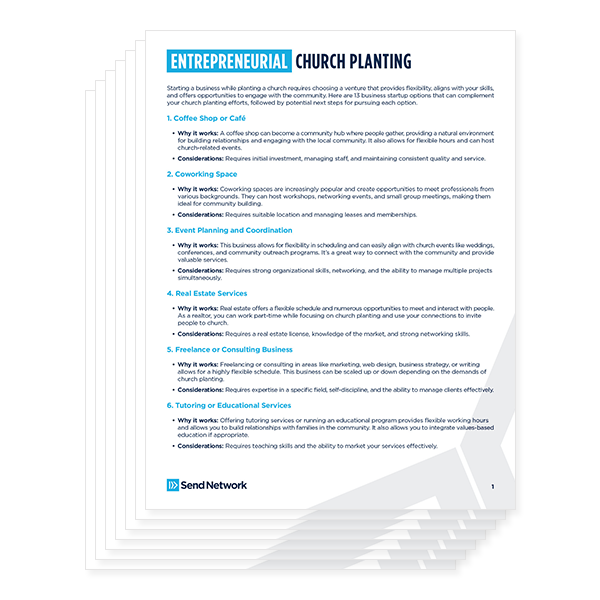Where’d that come from?
We’ve probably all asked this question from time to time. Something happens in our home and our spouse responds in a way we don’t understand or appreciate. After our initial shock, we begin to dig into where this response came from. Maybe our spouse spent the entire day disciplining unruly kids and was already frustrated when we walked in the door. Maybe there was a phone call with a friend that was annoying and she’s still simmering in anger. Or, maybe we’ve did something the night before that led to unresolved tension.
Whatever the cause, it’s clear that none of our actions happen in a vacuum. We are always influenced by something. Some of our influences might be temporary and fleeting (like the phone call above), whereas others are long-lasting and permanent.
Everyone comes into adulthood, and specifically into church planting, as a product of our home of origin. These early influences—both positive and negative—shape our responses to our present circumstances in ways we are prone to overlook or minimize. Our background predisposes us to certain default reactions to life that may help or hinder our effectiveness in God’s mission. Let’s quickly consider a few common ways our family of origin can shape our present actions.
People Pleasing—Driven by a desire to prove that you have worth and value that you did not feel as a child, you never say “no” and live in a desperate attempt to prove you are loveable.
Fear of Man—Growing up in an authoritarian environment, you cower in fear of the perceptions or others and always fear that you are going to blow it.
Anger—Your parents battled daily so you explode when you don’t get your way and struggle to develop God-honoring, mature ways of responding to conflict.
Isolation—Your home was filled with secrets—the kind everyone knew but no one talked about—so you’ve learned to bury your feelings and keep everyone at arm’s length.
Anxiety—You watched your home unravel, so you live with a constant fear that—regardless of how blessed you feel in the moment—it’s all going to fall apart soon.
The list could go on and on. No one has a perfect past and no one is immune to the shaping influence this past has on our present. It’s likely that those who are close to us ask the question: “Where’d that come from?” on a fairly regular basis and, given a bit of introspection on our part, we could point them to our home of origin for the answer.
Since these influences are ubiquitous, we all have one of two responses to our past. We can simply put our head down and push forward into the future driven by these unseen, undiscussed influences. Unfortunately, if we choose this alternative, the sin that clings so closely will form a toxic concoction with our past and lead us into all sorts of foolishness.
The other option is to bring these influences to the forefront of our daily pursuit of sanctification and submit them to the Lordship of Jesus Christ. The grace of God is sufficient, not simply for our volitional rebellion from God’s commands, but also for the host of influences to propel us in that direction. Like all sin patterns, we need to learn to bring our past out of the darkness and into light.
This starts with us, personally, identifying the myriad of ways we are personally shaped by our past—particularly our family of origin. The more accurate we are at naming these influences, the more likely we will be to impede their negative effect on our walk with Christ and our love of others. Then, we learn to recognize these shaping influences before they propel our actions so we can call to mind God’s truth and redirect these forces by the power of God’s Spirit. We’ll never fully escape the influence of our past, but we can, and we must, learn to recognize and redirect them as we seek to love and lead others.
Published January 2, 2018
